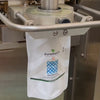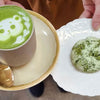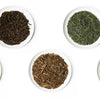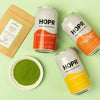Why is Matcha so expensive?
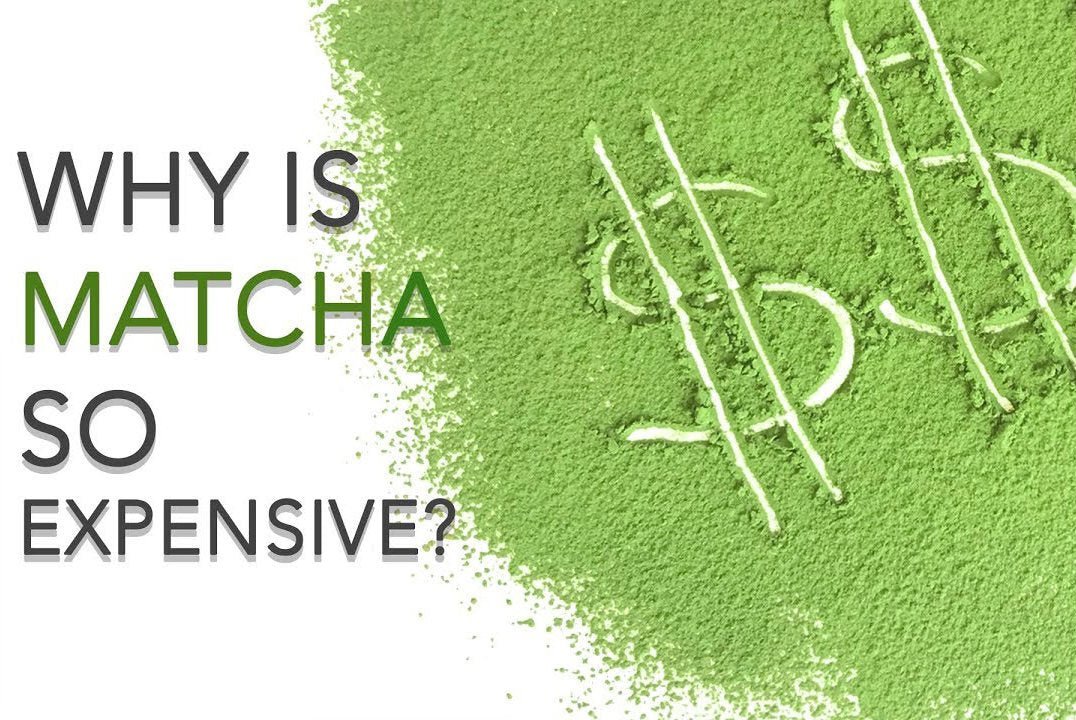
Matcha has gained popularity around the world today. Many people claim that Matcha is just another fad that will fizzle out like many other promising health fads, but that’s certainly not the case with Matcha.
The fact is that Matcha has been around for centuries. Japanese monks discovered it’s powerful benefits many years ago and the ritual of tea ceremony has since spread far beyond Japan and into the western world. Celebrity chefs, dietitians, fitness trainers, doctors and even scientists have all cited the enriching benefits of this ancient mystical tea.
But what’s so special about this tea and why is Matcha so expensive?
Matcha’s rise in popularity has meant that the market has become inundated with many products claiming to be Matcha. Yes, you can buy 500g bag of Matcha on Ebay and Amazon for a very cheap price, but one has to ask themselves how genuine is this product? You just need to look at the production process of Matcha to understand why top quality Matcha is so expensive. Did you know that it takes just over 1 hour to grind just 40 grams of Matcha?

The region where the Matcha is farmed and how it is produced is a big price indicator.
One of the most important factors when selecting a top quality Matcha is to find out where it is farmed, processed and packaged. Matcha produced in Japan follows a very stringent traditional process. Uji is a small town which is about a 20 min train ride from Kyoto. Tea makers from Uji have mastered the methods of cultivation to produce the best green tea in the world. It is, after all the birthplace of Matcha in Japan and just like some of the best wineries In the world it’s region's hilly terrain, high-quality soil, mild temperature, and prevalent mist all contribute to what many call the most excellent Matcha tea in the world. Of all the tea producing regions in Japan, it certainly is the most prominent and oldest tea producing region.
Labour intensive, skillful Matcha farmers
Genuine ceremonial grade Matcha like our (EISAI Pure matcha) is made from the youngest tea leaves that are individually hand-picked by experienced tea farmers as opposed to machines. This is a labor intensive process and it requires a skilful farmer to filter out the good leaves from the bad leaves.
One of the most compelling indicators of good quality Matcha is the colour of the powder which should be a vibrant spring green. This feature not only signals excellent flavour properties but also relates to a higher antioxidant intensity than what is found in other teas.
The tea leaves are grown differently to other forms of tea. Matcha is produced by blocking direct sunlight and this is achieved by covering the leaves with special shades called yoshizu (reed screen) and wara (hay). The process of shading the leaves ensures that the Matcha retains all the nutrients. It is questionable whether all Matcha producers are following this process, but this strict traditional process is without a doubt what separates an average Matcha from an outstanding Matcha.

Cost of maintaining an Organic farm and retaining international accreditation and certification
There are many tea farms in Japan and Uji is the second largest tea producing region in all of Japan. With so many tea farms in Asia, there are only a select few which have achieved certified “Organic” status. Maintaining and sustaining an organic farm is incredibly hard and expensive. The impact of climate and pests can have an adverse effect on the quality and output of the tea.

The safety standards of food products differ from country to country, but in Japan, the food safety standards are defined by the Ministry of Agriculture, Forestry and Fisheries to the JAS Standard. For organic food products, a third-party organisation inspects the produce annually to ensure that its production meets the “Organic JAS Standard”. Companies that pass the inspection are permitted to use the “Organic JAS Mark”.
Specifically, the standards for organic agricultural production requires soil conditioning through compost, to completely avoid the use of chemically synthesised fertilisers and pesticides, and prohibits the use of genetic modification.
Japan shares its authentication of organic products with the EU, Switzerland, the United States, and Canada as well as other countries, who accept each other’s standards as equal, regarding organic agricultural products and processed foods from organic agricultural products.
All Purematcha teas are made from leaves produced naturally without using any pesticides or chemical fertilisers. The production is done with utmost care at a factory in Kyoto, which has protected its 300 year-old history and tradition of tea-making and has been authorised for Organic JAS Standard of ISO-90001.






